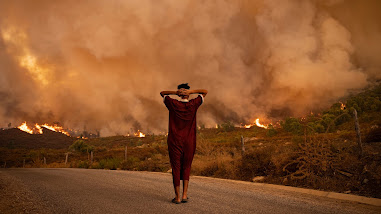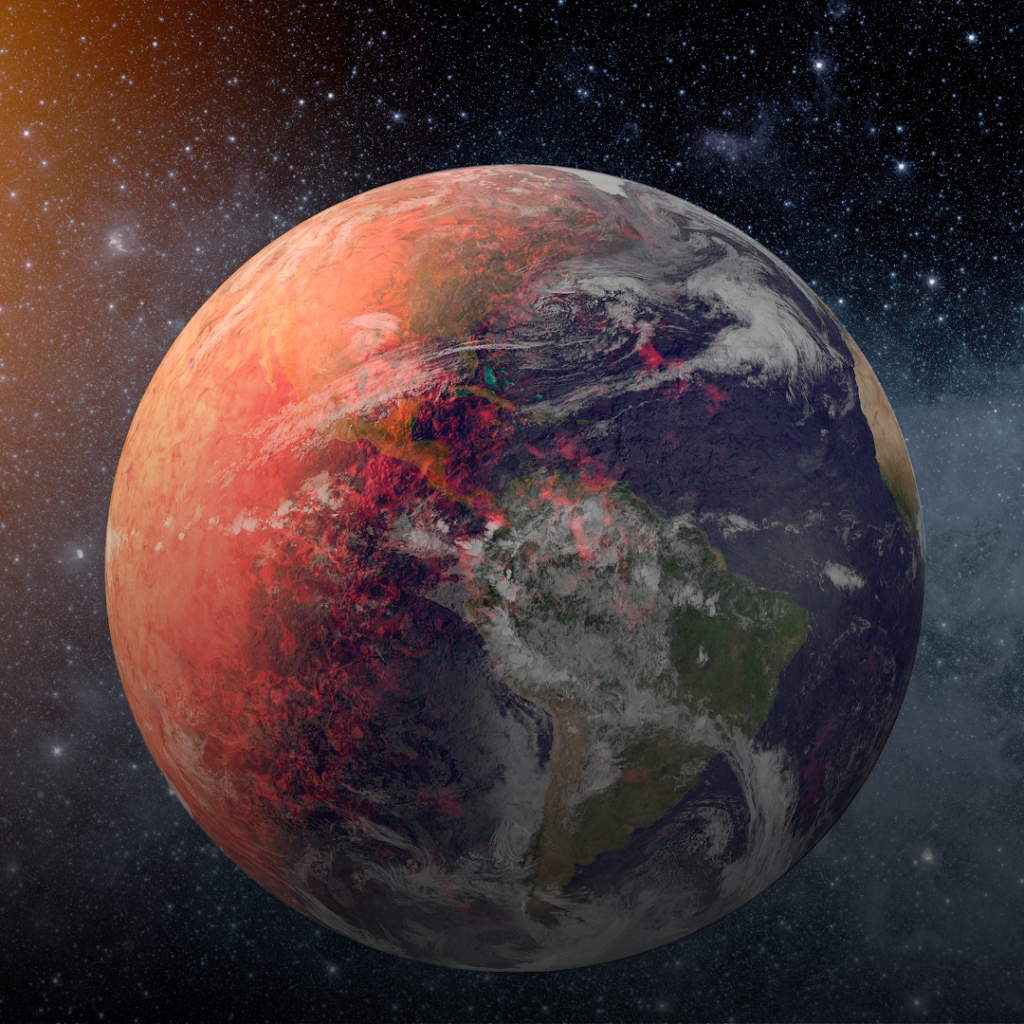
Global warming, or climate change, has a wide range of effects on various aspects of the Earth’s systems, ecosystems, and human societies. Here are some additional effects:
Major Other effects Of Global Warming | Causes Of Global Warming
Melting Glaciers and Ice Caps: Rising temperatures lead to the melting of glaciers and ice caps, contributing to rising sea levels. This affects coastal areas, biodiversity, and can disrupt ecosystems reliant on ice.
Ocean Acidification: Increased levels of CO2 in the atmosphere also lead to higher levels of CO2 dissolved in the oceans. This causes ocean acidification, which can harm marine life, particularly organisms with calcium carbonate shells or skeletons, such as corals and shellfish.
Loss of Biodiversity: Climate change affects ecosystems and habitats, leading to shifts in the distribution and abundance of species. Some species may face extinction due to changing environmental conditions and loss of habitat.
Changes in Phenology: Warmer temperatures can alter the timing of seasonal events in plants and animals, such as flowering, migration, and breeding. This can disrupt ecological relationships and affect food webs.
Increased Frequency of Wildfires: Drier conditions and higher temperatures increase the risk of wildfires in many regions. These fires can have devastating impacts on ecosystems, air quality, and human health.
Impact on Agriculture: Climate change can affect crop yields and agricultural productivity due to changes in temperature, precipitation patterns, and the frequency of extreme weather events like droughts and floods. This can have significant implications for food security and economic stability.
Water Scarcity: Changes in precipitation patterns can lead to water scarcity in some regions, exacerbating competition for water resources and affecting agriculture, industry, and human populations.
Health Risks: Climate change can increase the frequency and intensity of heatwaves, leading to heat-related illnesses and deaths. It can also facilitate the spread of vector-borne diseases like malaria and dengue fever as changing temperatures alter the geographic range of disease-carrying organisms.
Displacement of Communities: Rising sea levels, extreme weather events, and environmental degradation can lead to the displacement of communities, particularly those living in low-lying coastal areas or regions prone to droughts and floods.
These are just a few examples of the myriad ways in which global warming impacts the planet and its inhabitants. Addressing climate change requires concerted efforts to reduce greenhouse gas emissions, adapt to changing conditions, and mitigate the impacts on vulnerable communities and ecosystems.









